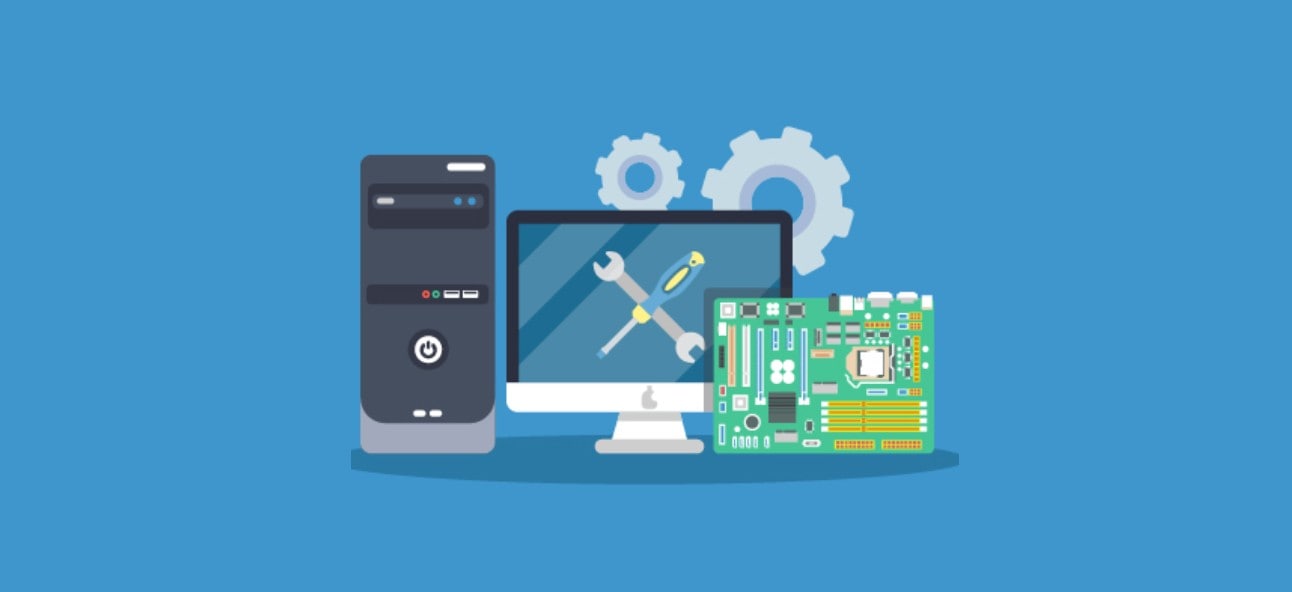How Often Should You Perform A PC Tune Up?
A PC tune-up is never a one-time solution, especially if you use your computer a lot. Simple daily tasks like adding new software and browsing the web can quickly build up clutter on the hard drive and in the Windows registry. This slowly impacts performance.

As time passes, drivers and other components also become outdated, giving rise to security vulnerabilities and compatibility issues.
There isn’t a set rule for how often you should run a PC tune-up tool or perform manual maintenance tasks. However, getting into a regular routine could significantly improve your computer’s baseline performance and overall lifespan.
Weekly Tune-Up Tasks
If you use your PC daily, it’s worth performing the following tune-up tasks every week to maintain system health:

Junk file cleaning – Unneeded temp files build up quickly. Windows includes built-in utilities like Storage Sense and Disk Cleanup that can help you remove them. To access them, go to the Start menu and search for the apps, then open them and choose the files you wish to delete.
Browser cache clearing – Your browser cache is useful because it maintains logins, form data, and history, but it also stores images and page data for faster loading. After just a week this can make a dent in your hard drive. Just remember when clearing your browser caches, don’t remove cookies and other data you rely on.
Antivirus scan – Malware is always evolving and it’s sometimes not obvious when you are infected. A weekly system-wide scan helps keep these threats at bay. Windows and third-party antivirus programs allow you to schedule scans, so you do not have to remember to run them manually.
Monthly tune-up tasks
The following tune-up tasks can be scheduled on a monthly or longer basis, depending on how often you use your computer:

Driver updates – You should check for new device drivers to prevent hardware compatibility issues with new software. Updated drivers can also improve the security of your system by patching vulnerabilities that could be exploited by malware or hackers.
Software updates – Keeping software up to date also helps maintain security and prevent bugs and errors from surfacing.
Unwanted software checks – It’s better to remove programs and software you don’t use, so you can free up hard drive space and reduce the number of background processes. Moreover, if you leave an old piece of software on your system, it can create security risks.
Registry cleaning – Deleting installer references and other junk registry entries will prevent instability and performance problems. However, due to the complexity of the Windows Registry Editor, it’s best to use a tune-up tool to detect and fix registry problems.
3-month disk defrags – It takes a while before data on your hard drive becomes fragmented, so you can wait up to 3 months before performing disk defragmentation. This process reorganizes the data so that it is stored more efficiently, which can improve the performance and speed of the system.
How do I know when it’s time to perform a tune-up?
You should never postpone a tune-up if there are signs that something is wrong with your PC. Weekly and monthly maintenance tasks are just a guide for when everything is already running smoothly.
If you notice any of the following signs, you should run your PC tune-up software or use the built-in features on Windows:
- Significant reduction in overall speed.
- Windows freezes or becomes unresponsive for a few seconds.
- Software crashes, errors, or other instability.
- Warnings of missing DLLs or other files.
- Windows crashes, restarts, or displays a Blue Screen of Death (BSOD).
Hassle-free tune-up tools
Staying on schedule and using the individual utilities available on Windows can be a hassle. That’s why tune-up programs like Fortect are so beneficial.
With a single system scan, Fortect categorizes all the junk files and browser caches to be cleaned and lets you know of any potentially malicious programs that your antivirus has missed.
All you have to do is:
- Download and Install Fortect on your PC.
- Accept when asked to scan your PC.
- Click View & Fix to fix each issue or Start Repair to do a full tune-up.
- Run Fortect once a week to keep a well-maintained system.

Fortect also lets you know which programs crash frequently and overviews your hardware. You can then get an idea if there is a problem like overheating or whether it’s time to replace underperforming components.
Conclusion
You should always be alert to signs that your PC may need a clean-out or system repair. However, a good maintenance schedule includes regular weekly and monthly tasks. This will keep your hard drive free of junk, software, and drivers up to date, and the system free of malware.
Using Fortect or other tune-up tools will make the whole process easier.




